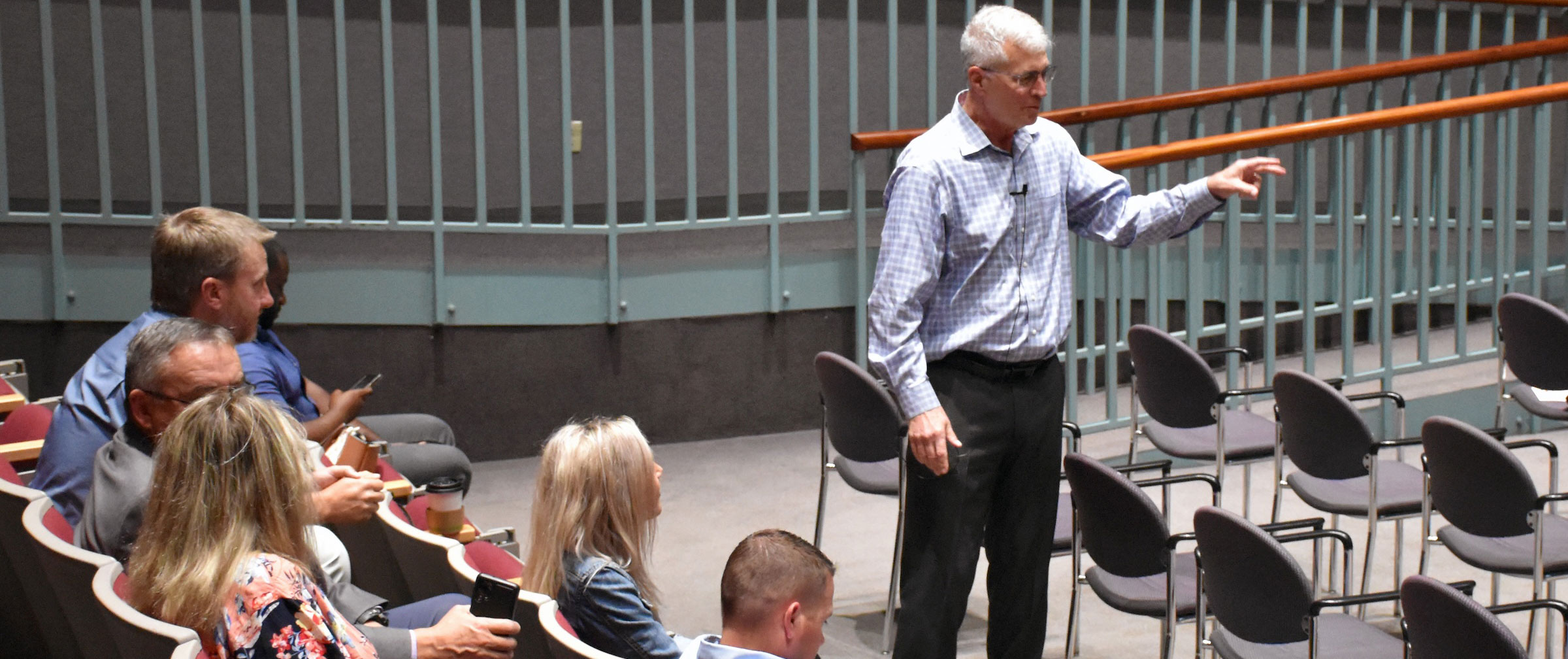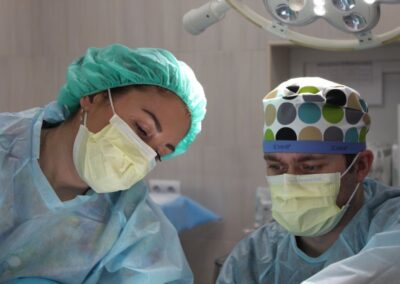Getting back to basics– Judgment trumps protocols
I am an avid supporter of evidence-based medicine and speak often about how far we still have to go in our efforts to reduce clinical variance and adopt best practices. Implementing evidence-based protocols are a big part of this process. There is no doubt that truly evidence-based practices will decrease variance and improve clinical results.
There are of course limitations to these protocols. First of all there are many areas of medicine where best practices are either not known or not agreed upon. Second we must assume that the strength of the evidence upon which these protocols were derived is reasonable. That is no small assumption. A protocol is only as valid as the underlying research. We all know of “best practices” that were later found not to be “best” by future research. Also, like Newtonian physics, there is an adage that for every article there is an equal and opposite counter-article. Finally, we have to assume that the practitioner is competent and can apply the protocol appropriately in the clinical situation (maybe no small assumption either).
I cringe when I hear a physician say “I hate cookbook medicine!” One only needs to think back of residency… the Washington manual, which saved all of our butts over time. It was one helluva cookbook !!! The airline industry points to their protocols and check lists as being instrumental in greatly improving safety. And if you talk to the more senior pilots who went through this process, they acknowledge that they were not initially in favor of all these protocols.
Given these limitations, there are certain assumptions that can be drawn:
No protocol can be expected to apply to ALL patients. Patients are simply too unique and the individual medical issues are far too complicated to be covered in a general set of orders. At best, a protocol will only apply to 85-90% of patients for any given condition.
So what about clinical judgment?
What has the physician learned through years of treating thousands of patients, pouring through reams of articles and suffering countless hours without sleep? Clinical judgment must be respected. If the physician scratches his/her head and feels that something unusual is going on, based upon their years of experience, shouldn’t that matter?
Isn’t the trained and competent mind more capable than a single protocol? We all must concede that some of the biggest clinical “saves” we have seen in our careers occur when the astute physician challenges the status quo and solves a complicated medical problem that otherwise would have been missed had the physician followed the standard course of treatment. Sound clinical judgment is the holy grail of the physician and is what differentiates the physician from a textbook. Judgment trumps a protocol.
When I speak to physicians about guidelines, I offer my “Guidelines for Guidelines”:
First, we will simply see more guidelines in medicine… this is where we need to go to reduce variance and improve results. Get over it and get used to it !!
BUT, guidelines were NEVER intended to apply to all patients and NEVER take the place of the individual clinician’s judgment.
As a CMO I EXPECT physicians to deviate from any protocol on an occasional basis in the prudent treatment of patients if in their judgment it is necessary to do so. When they do, I also expect that the physician will document why. This is simply good medicine. However, if a physician deviates from the protocol 90% of the time, I will challenge the physician, NOT the protocol.
Judgment is one of the most important things we have learned in the profession. It is truly priceless…. But simply exercising judgment without acknowledging all of the evidence is lame and inexcusable.
Maybe someday protocols will become so individualized they will in fact cover all patients and apply to all clinical situations. But that will not be happening in the near future.
So let’s proceed vigorously with instituting evidence-based practices in ALL services lines that we offer where best practices are available. Let’s acknowledge that they apply to the vast majority of patients and that they will improve clinical results.
But let’s equally not forget what “brought us to the dance”. Never underestimate the value of clinical judgment. Let the clinical judgment constantly challenge the protocol. Let’s not stop being doctors!!




